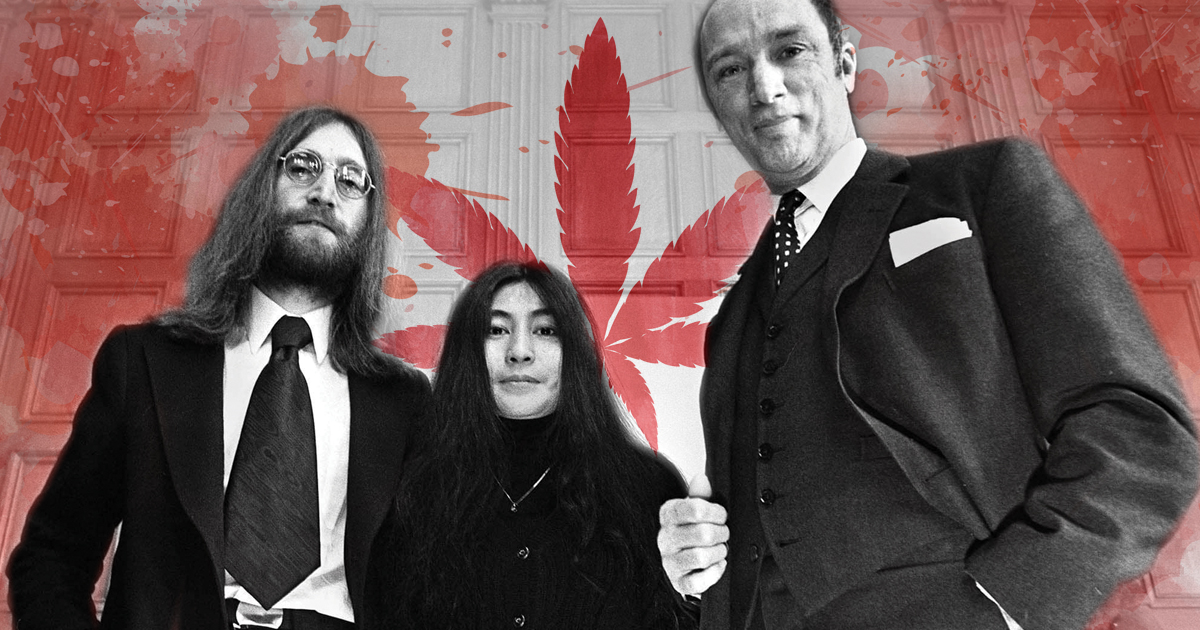 Canada's course to cannabis prohibition closely followed that in its southern neighbor. As in the United States, cannabis a century ago was widely available in tincture form as a medication before being banned in a campaign that blatantly harnessed racism and xenophobia. Yet now Canada is legalizing coast to coast, while the US federal government remains intransigent.
Canada's course to cannabis prohibition closely followed that in its southern neighbor. As in the United States, cannabis a century ago was widely available in tincture form as a medication before being banned in a campaign that blatantly harnessed racism and xenophobia. Yet now Canada is legalizing coast to coast, while the US federal government remains intransigent.
An early harbinger of Canada's enlightenment was the 1969 Le Dain Commission, which studied illegal drugs at the order of Ottawa, in response to then exploding use—especially of cannabis. The Le Dain Commission cut through the propaganda to recommend a common-sense policy—which Canada's government is actually now going beyond.
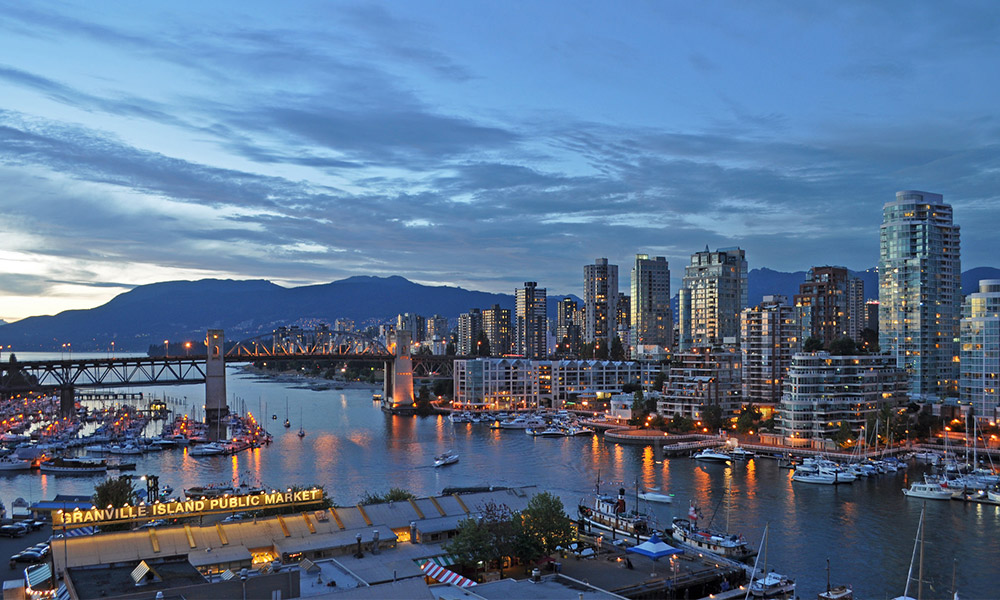 A showdown is shaping up in Vancouver, where the city's 420 event has always been held with no permit. This year it promises to be huge, with Cypress Hill headlining—and authorities pressing for cancellation. Organizers pledge the event will go ahead—with approval of the bureaucracy or not.
A showdown is shaping up in Vancouver, where the city's 420 event has always been held with no permit. This year it promises to be huge, with Cypress Hill headlining—and authorities pressing for cancellation. Organizers pledge the event will go ahead—with approval of the bureaucracy or not.
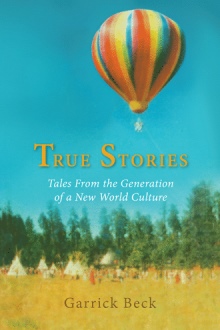 In his new memoir
In his new memoir  Canada's course to cannabis prohibition closely followed that in its southern neighbor. As in the United States, cannabis a century ago was widely available in tincture form as a medication before being banned in a campaign that blatantly harnessed racism and xenophobia. Yet now Canada is legalizing coast to coast, while the US federal government remains intransigent.
Canada's course to cannabis prohibition closely followed that in its southern neighbor. As in the United States, cannabis a century ago was widely available in tincture form as a medication before being banned in a campaign that blatantly harnessed racism and xenophobia. Yet now Canada is legalizing coast to coast, while the US federal government remains intransigent.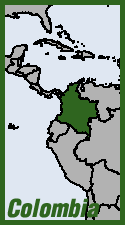 With Colombia's new conservative president threatening to roll back the country's ground-breaking decriminalization policy, a group of young activists in Bogotá held a public cannabis smoke-in to demand their right to the "personal dose." But, in what seems like a foreboding sign, it was quickly broken up by the feared National Police riot squad.
With Colombia's new conservative president threatening to roll back the country's ground-breaking decriminalization policy, a group of young activists in Bogotá held a public cannabis smoke-in to demand their right to the "personal dose." But, in what seems like a foreboding sign, it was quickly broken up by the feared National Police riot squad.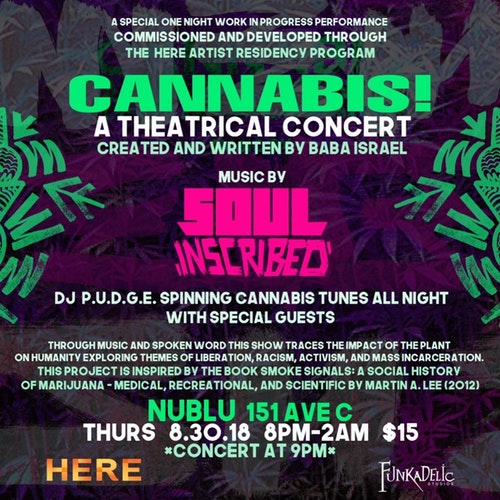 What will ultimately be a multimedia extravaganza on the history, culture and politics of the cannabis plant is currently under production in New York City. The music for Cannabis! A Theatrical Concert was just unveiled for New York audiences in a special performance at a nightspot on Manhattan's Lower East Side.
What will ultimately be a multimedia extravaganza on the history, culture and politics of the cannabis plant is currently under production in New York City. The music for Cannabis! A Theatrical Concert was just unveiled for New York audiences in a special performance at a nightspot on Manhattan's Lower East Side.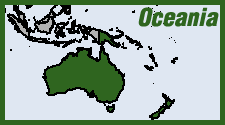 The government of New Zealand has announced that it plans to hold a referendum on cannabis legalization, possibly as early as next year. A medical marijuana bill is already pending in the country's parliament. But it has taken generations of activist effort by Kiwis to bring Aotearoa (by the country's indigenous Maori name) to this point. Cannabis Now speaks with some of the leaders who made it happen.
The government of New Zealand has announced that it plans to hold a referendum on cannabis legalization, possibly as early as next year. A medical marijuana bill is already pending in the country's parliament. But it has taken generations of activist effort by Kiwis to bring Aotearoa (by the country's indigenous Maori name) to this point. Cannabis Now speaks with some of the leaders who made it happen.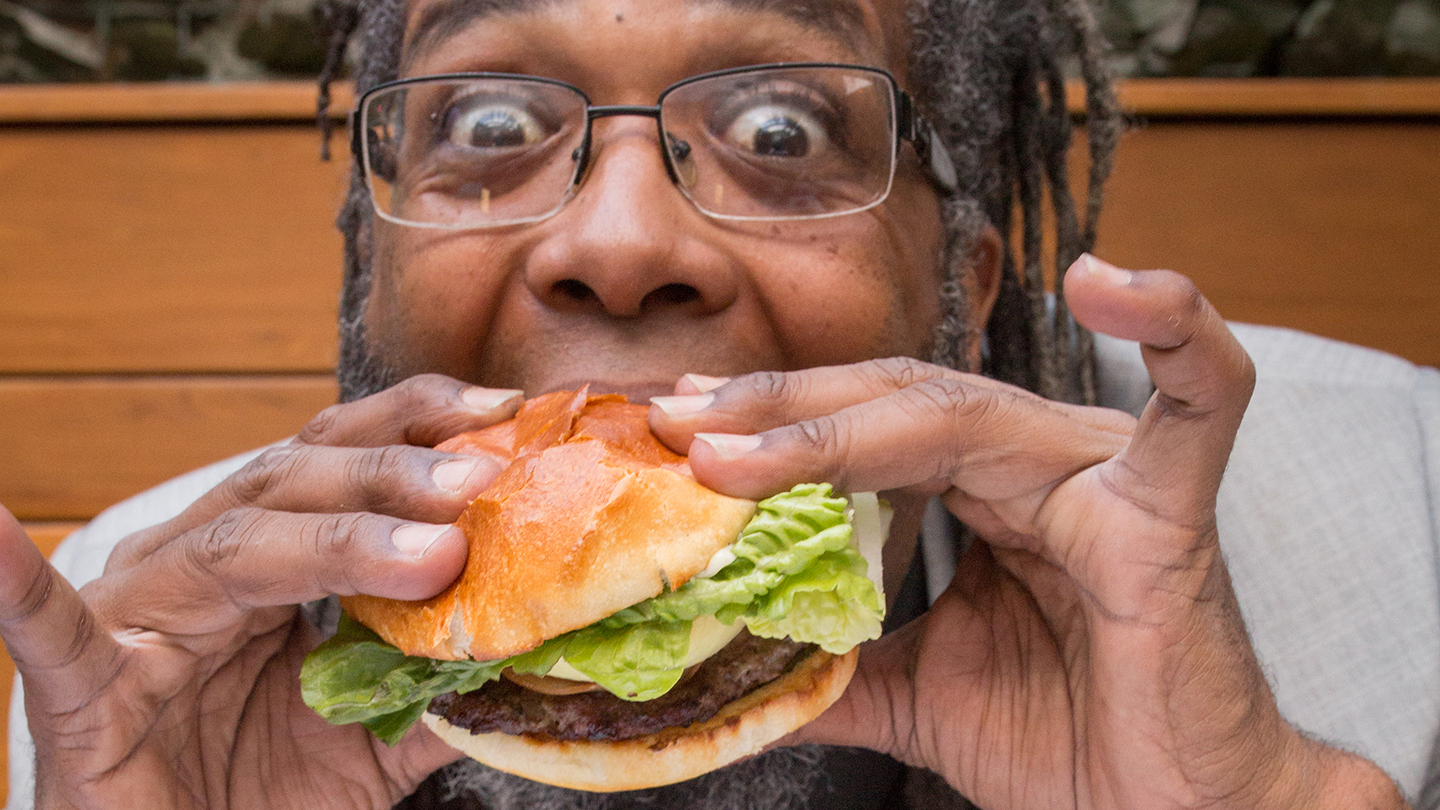 In the latest testament to fast-growing mainstream embrace of cannabis, Netflix this month debuts a competitive cooking show exclusively featuring dishes prepared with the herb. And not just for flavoring—under the show's rules, all recipes must actually get you high.
In the latest testament to fast-growing mainstream embrace of cannabis, Netflix this month debuts a competitive cooking show exclusively featuring dishes prepared with the herb. And not just for flavoring—under the show's rules, all recipes must actually get you high.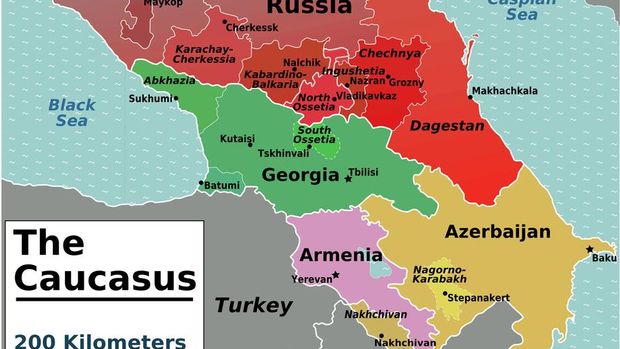 A protest in the Caucasus republic of Georgia to demand legalization of personal drugs use, with an emphasis on cannabis, points to changing times in the former USSR. The youth group behind the protest was first formed to demand freedom for a popular artist who was sentenced to 14 years for possession of a small amount of herb. The country's top court actually struck down penalties for cannabis possession as a result of the case. But the activists are pressing their campaign—a sign of cultural thaw in a region with very harsh drug laws.
A protest in the Caucasus republic of Georgia to demand legalization of personal drugs use, with an emphasis on cannabis, points to changing times in the former USSR. The youth group behind the protest was first formed to demand freedom for a popular artist who was sentenced to 14 years for possession of a small amount of herb. The country's top court actually struck down penalties for cannabis possession as a result of the case. But the activists are pressing their campaign—a sign of cultural thaw in a region with very harsh drug laws.





Recent comments
3 weeks 3 days ago
3 weeks 4 days ago
6 weeks 4 days ago
7 weeks 4 days ago
11 weeks 4 days ago
15 weeks 2 days ago
19 weeks 3 days ago
20 weeks 1 day ago
30 weeks 1 day ago
34 weeks 1 day ago